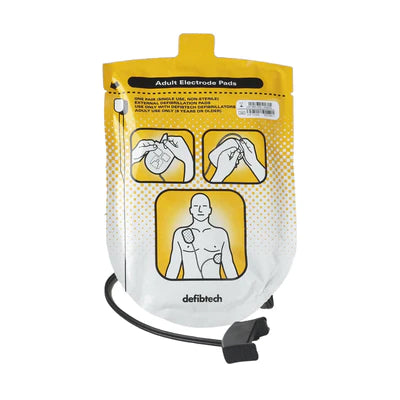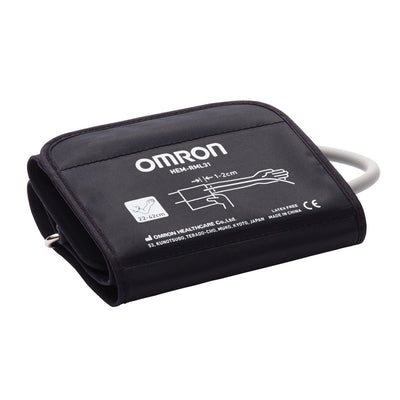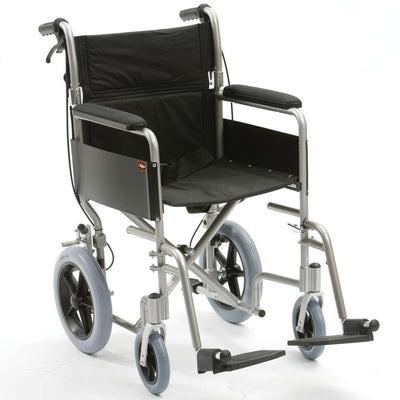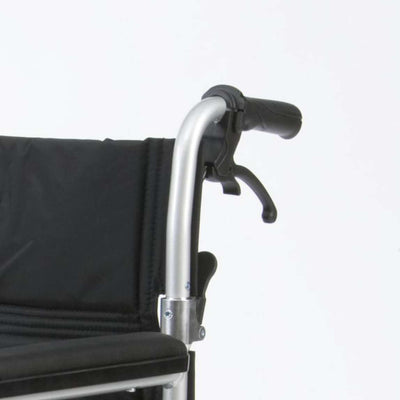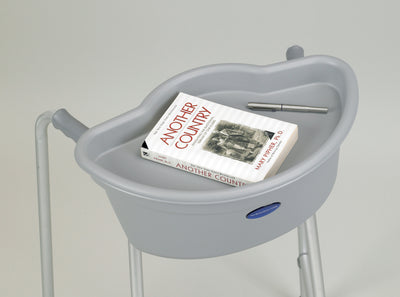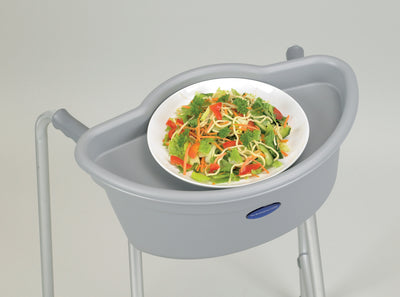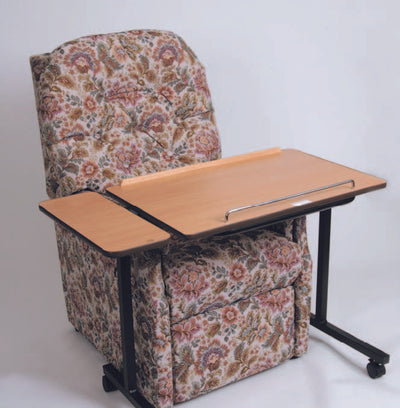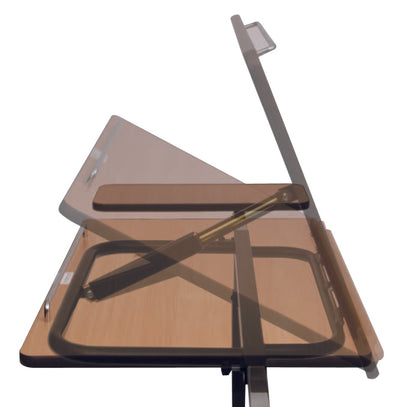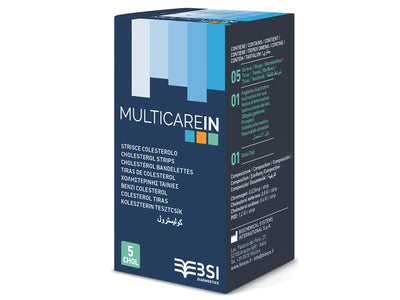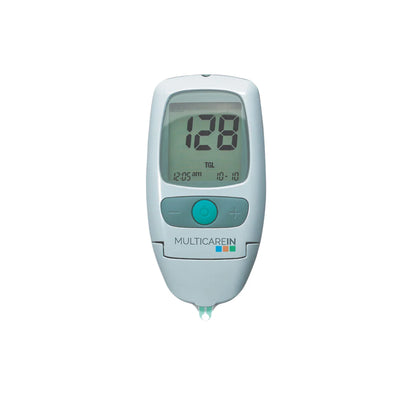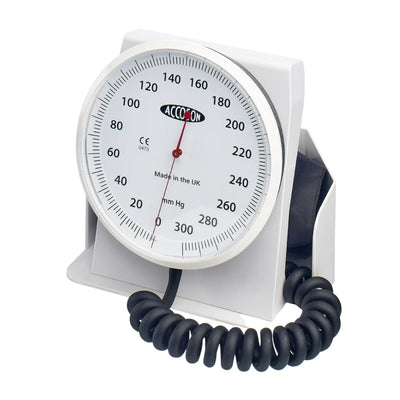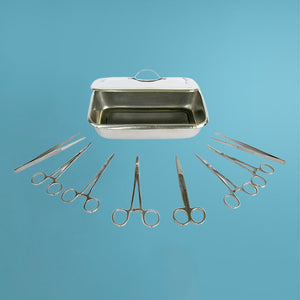Choosing a care home for you or a loved one can be an overwhelming and difficult, life-changing decision to make.
It’s important to find the right care facility for your loved one’s specific, and changing, needs so having a checklist of things to ask and look out for can help with your research.
Here are suggestions for a number of things that you might want to consider.
Care Home or Nursing Home?
Firstly it’s good to understand the difference between a care home and a nursing home, and to know which one is most suitable for you or your loved one.
While both care homes and nursing homes will offer 24 hour residential living, in general, the difference between the two lies in the level of medical care required for day to day support.
A residential care home is most suited to residents whose care needs are related to degenerative health conditions, such as reduced mobility or cognitive/practical difficulties. An elderly person who is struggling with mobility or is no longer able to cook at home, or is struggling to clean and care for themselves might find respite in a residential care home situation.
A residential nursing home will be staffed by registered nurses as well as care assistants, and will provide 24 hour care for the needs of residents who require more medical attention (but are not required to be in a hospital setting) and the administering of drugs, intravenous medication and greater monitoring of health. As a result, nursing home costs tend to be higher than those in care homes.
Your GP or consultant will be able to guide you in this area depending on the individual’s specific needs, as well as giving you guidance on whether you are eligible for payment support.
Whether you are paying privately or you’re eligible for government support with paying for the home, be sure to ask what is included in the weekly cost - ask for a breakdown of the fees and check if services like laundry services, toiletries, hairdressing appointments, activities etc are additional.
First Visit
First impressions are very important and recognising how the home makes you feel on first visit (or phone call for that matter) can play a big part in giving you an overall impression of how suitable it might be. You should try to visit one or two care homes on a few occasions, and at different times of the day if possible, to get a better sense of how they operate. Take the opportunity to ask questions and concentrate on things like:
Are the staff welcoming to you?
Are they open to answering all of your questions?
How clean and well maintained are the rooms, toilets, buildings and grounds?
What is the temperature like?
Is the decor nice and does the place feel homely?
Do the staff get to know the residents and ask about their lives and experiences?
Is there a manager or senior staff member on duty at all times, including through the night?
What level of care qualifications do the staff have?
How will residents contact staff members if they need urgent help day or night?
Is there fast and easy access to other health professionals such as GPs, Dentist, Chiropodist, Physiotherapist etc
Facilities
One key thing you’ll want to know is what will your loved one’s bedroom be like? What are the communal areas like? How comfortable and well maintained is the home? Be sure to ask:
What furniture is provided in the bedroom?
Is the bedding provided?
Does the room have a television, telephone, radio or Wi-fi?
Can you bring your own pieces of furniture?
Is there an en-suite facility?
Food and Nutrition
Another very important factor in choosing the right residential home is finding out how their meals and mealtimes work around the day. Food is such an important part of good care and knowing that your loved one is being fed healthy, nutritious and appealing food is incredibly important. As well as having their medical, mobility and surroundings looked after, you’ll want to know:
Is the food good? Ask to try a meal and ideally you will want to visit during mealtimes to see where residents eat, how the catering works and what support the residents are given with eating.
Do they cater for special diets?
Can residents request a cup of tea/coffee/drinks/snacks throughout the day?
Can you bring food in for residents?
Are residents with extra support needs fed communally or in their rooms?
Activities
All care and nursing homes will offer activities as part of the daily or weekly timetable of care so it’s good to find out how often these happen, what variety of activities are on offer and how your loved one will be encouraged and supported while taking part. Often there will be an assigned Activities Coordinator in the home who you could speak to and perhaps look at the calendar of weekly events - often these include music sessions, gardening, arts, games etc and can be a hugely enriching part of residential care home life.
If your loved one is struggling with mobility, or is prone to forgetfulness, it is good to know that a staff member will be there to take them to the activity when and where it is happening and to support them to take part and get the most out of the stimulation this brings.
Visiting
Since the Covid pandemic, the visiting arrangements in residential homes has been a highly scrutinised area. When researching the right home for your loved one (or yourself) you will want to make sure you ask about their specific visiting arrangements and what’s expected of visitors when they come.
Can friends and family just turn up or do visits need to be booked?
Is there a time limit on visits? Is there a group number limit on visits?
During what hours are visits allowed?
Can visitors eat with their resident loved one or even take part in activities with them?
Are there any visiting protocols that need to be met, such as wearing PPE, social distancing etc
Often heightened emotions will mix with the real job of making good, practical and caring choices in finding the right care home or nursing home for the person involved. But don’t be afraid to ask lots of questions so you can be fully informed and comfortable with your choice.
May 2023


